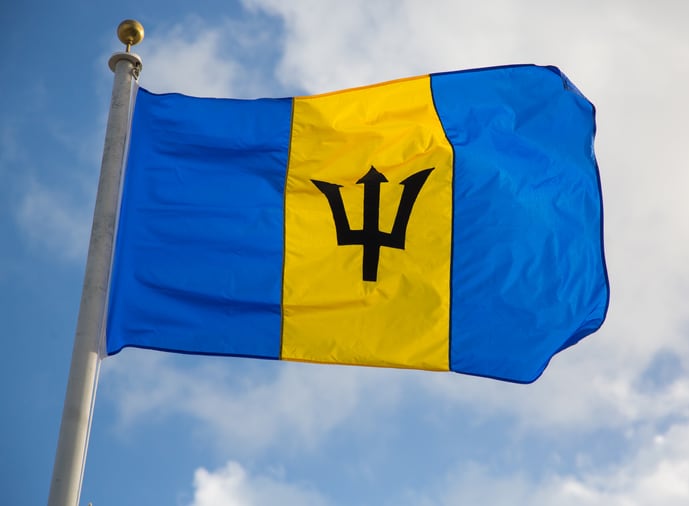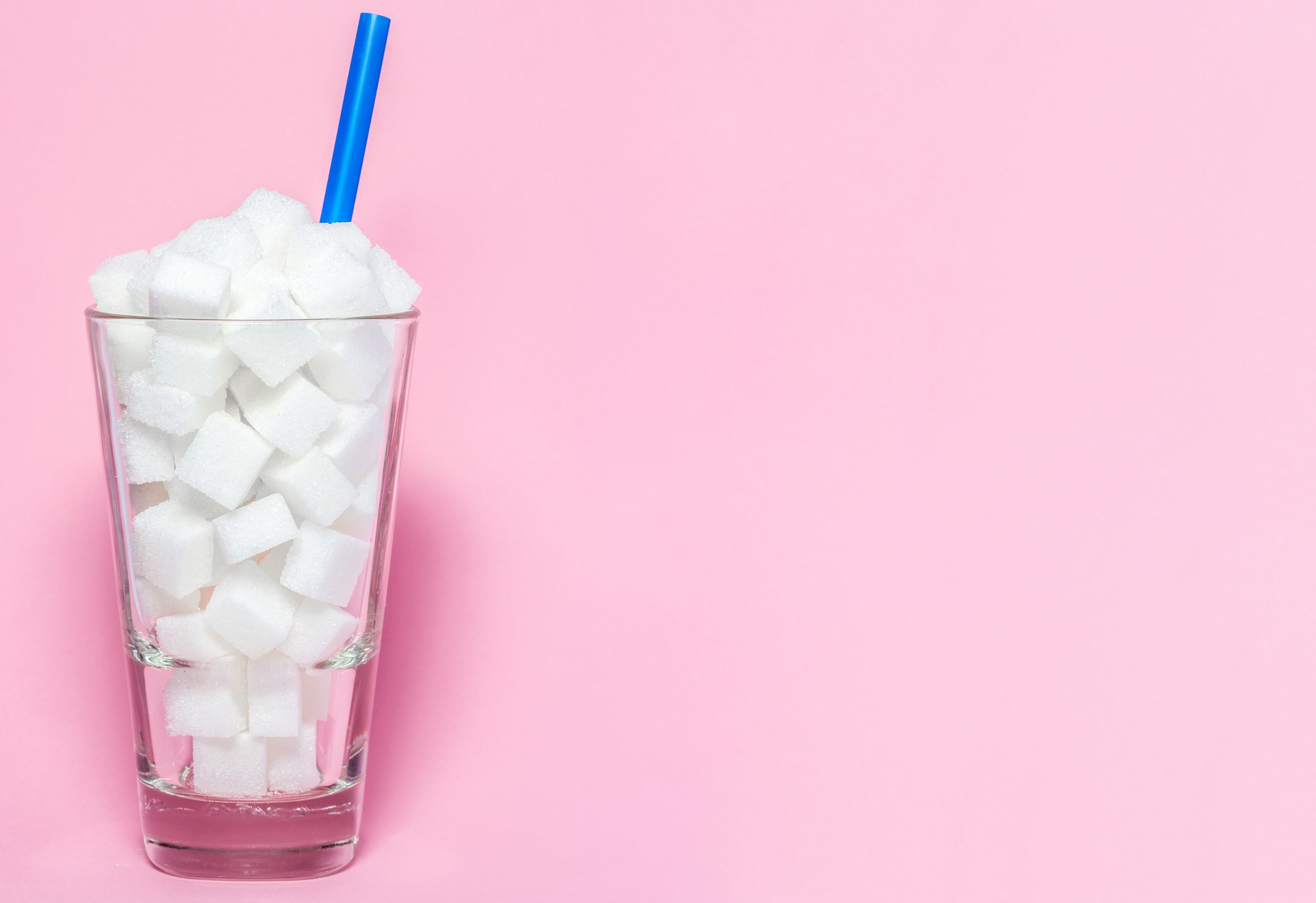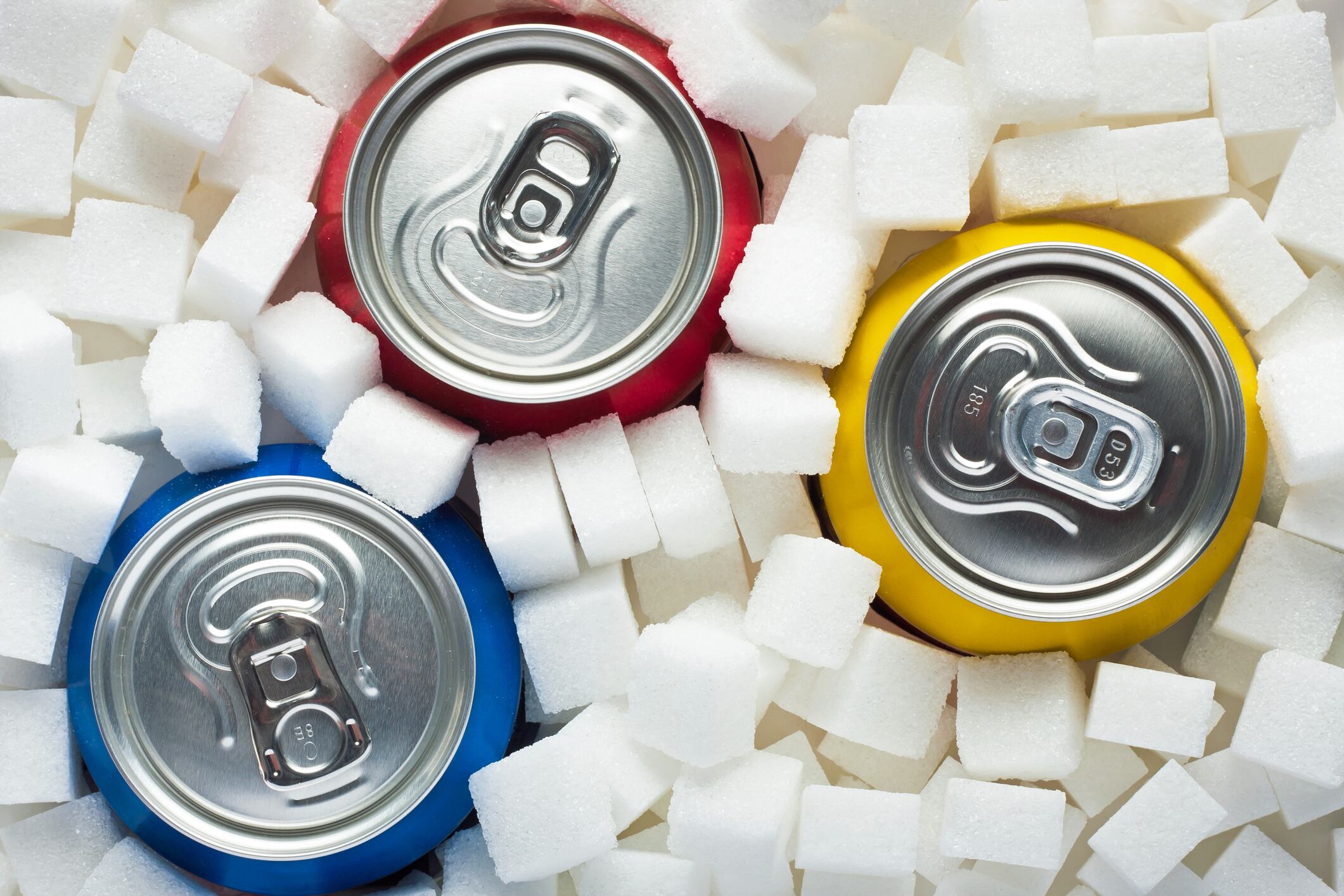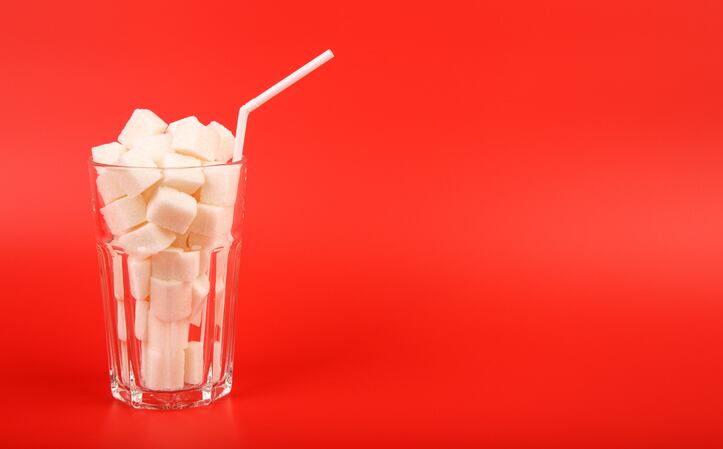Taxes on sugar-sweetened beverages (SSBs) are a relatively new policy instrument and research about how they function is still emerging.
They can also take several forms: volume-based (one peso per liter of the finished product, for example), sugar-content based (such as the UK's tiered tax system) or value-based (ad valorem) which adds a percentage of the product's value to its price.
In June 2015, Barbados, which has an adult obesity prevalence of around 34%, according to a national survey, brought in a 10% ad valorem tax on sugar-sweetened beverages (SSBs).
The levy applies to carbonated soft drinks, juice drinks, sports drinks and fruit juices, and has resulted in a price increase of 5.9%, according to studies conducted after the introduction. Bottled waters, 100% juices, coconut water, unsweetened milk, and powdered drinks are exempt.
In this open-access study, published in the International Journal of Behavioral Nutrition and Physical Activity, the researchers wanted to determine the impact of the tax on islanders' consumption habits.
“It is important to evaluate ad valorem SSB taxes (in addition to specific SSB taxes), to assess whether tax structure is associated with a differential effect," they write. "An increasing number of countries have implemented ad valorem SSB taxes, including Peru (25%), the United Arab Emirates (50%) and Chile (18%).
“However, if ad valorem taxes incentivize brand down-switching more than specific taxes, they may undermine some of the intended health impact of these policies.”
The researchers used electronic point-of-sale data from a supermarket chain, which represents 32% of the island’s grocery market share, to calculate sales of sugar-sweetened beverages and other beverages between January 2013 and October 2016.
'Effective in reducing sales of SSBs'
After adjusting the data to take into account seasonality, inflation, tourism and holidays, they found that average weekly sales of SSBs decreased by 4.3% compared to expected sales without a tax.
This was primarily driven by a decrease in carbonated SSBs sales of 3.6%, they write. Sales of non-SSBs, meanwhile, increased by 5.2% with bottled water sales increasing by an average of 7.5%.
“This study suggests that the Barbados SSB tax was effective at reducing sales of SSBs and increasing sales of non-SSBs in a major grocery store chain.”
However, after stratifying the results by price, they found "evidence to suggest that consumers may have changed their behavior in response to the tax by purchasing cheaper sugary drinks, in addition to substituting to untaxed products. This has important implications for the design of future SSB taxes."
“[It also] has important consequences from a health perspective and may reduce the potential public health effectiveness of SSB taxes,” they write. “A policy that encourages consumers to substitute towards cheaper SSBs may lead to an increase in sugar consumption in cases where cheaper SSBs are associated with higher levels of sugar.
“On the other hand, if cheaper SSBs are lower in sugar content, such as sugar-sweetened flavored waters, overall sugar consumption may still be reduced.”
More research needed

The researchers point out three areas for future research.
"First, it will be helpful to develop a better understanding of the extent to which consumers substitute to cheaper alternatives (such as other SSBs or non-beverage high-sugar confectionary, rather than to non-SSBs), and to also measure the impact this may have on total sugar consumption.
"Second, it will be necessary to assess the extent to which behavioral responses vary by socioeconomic group and by gender and age.
"Third, it will be useful to model demand systems to simulate a range of future policy options, including increased SSB tax rates, and taxes or subsidies on other food and beverages.
"Future simulation studies should take into account tax structure as well, and explicitly address potential brand down-switching behaviors," they suggest.
Source: International Journal of Behavioral Nutrition and Physical Activity
Published online ahead of print, 30 January 2019, doi.org/10.1186/s12966-019-0776-7
“Assessing the impact of the Barbados sugar-sweetened beverage tax on beverage sales: an observational study”
Authors: M. Alvarado, N. Unwin, S.J. Sharp et al.



